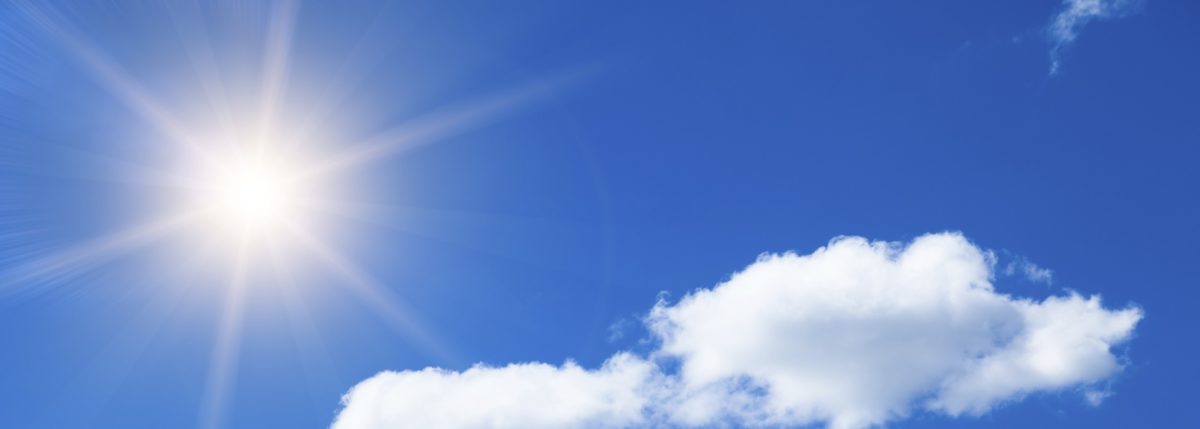Sun safety is paramount in the workplace.
South Australia is known as the driest state on the driest continent, and our summers renowned for being very hot and dry. Whilst the weather outside today stormy, we are nearing the summer season. So it’s a good time to remind people to manage the risks associated with heat stress and UV exposure.
Each year there are reports of workers suffering as a result of heat-related stress on a work site. Yet a report from the Skin & Cancer Foundation, titled 2016 Skin Health Australia Report, found that 65% of workers are not provided with clothing to protect them from the sun.
What Can Employers Do
Employers can promote sun safety and minimise the risk of heat stress by implementing simple control measures such as:
- Modifying workloads and schedules to avoid working in the hottest times of the day
- Rotating or sharing hot tasks
- If working indoors, increase air movement or isolate workers from hot processes or plant and equipment
- Increasing the frequency of rest breaks
- Make available rest areas in shady, sheltered or cool areas
- Provide appropriate personal protective equipment (PPE) such as long sleeves and pants, broad brim hats, sunscreen, and sun glasses. Clothing should be loose fitting and preferably made from a natural fibre
- Providing access to, and encouraging workers to drink plenty of water to keep hydrated
Additional measures to protect workers and promote sun safety may be required, depending on the weather conditions and specific work site.
What Do Workers Need To Be Aware Of
It is important that workers be aware of the symptoms of heat stress, so they can recognise them in themselves and their fellow workers. Common symptoms of heat stress, heat strain, heat exhaustion or hyperthermia include:
- Dizziness
- Fatigue
- Headache
- Nausea
- Breathlessness
- Clammy skin
- Difficulty remaining alert
Act immediately if someone is showing any of the above symptoms. If a worker is feeling unwell, they should rest in a cool area and drink cool fluids – ideally water. If they do not recover quickly, seek prompt medical attention.

